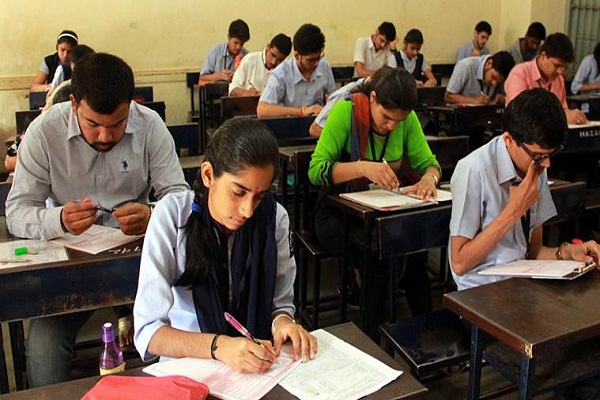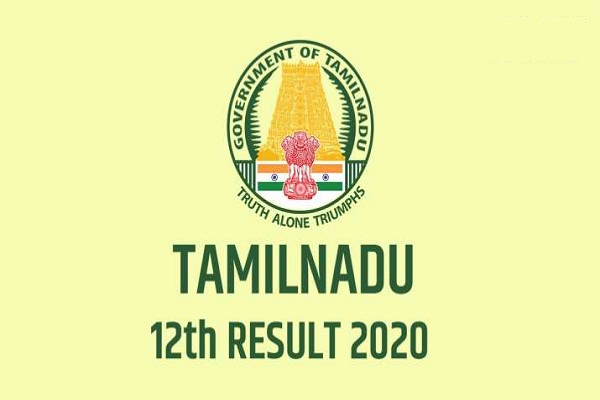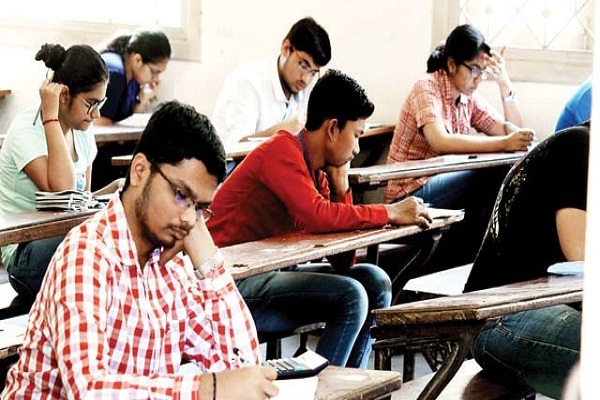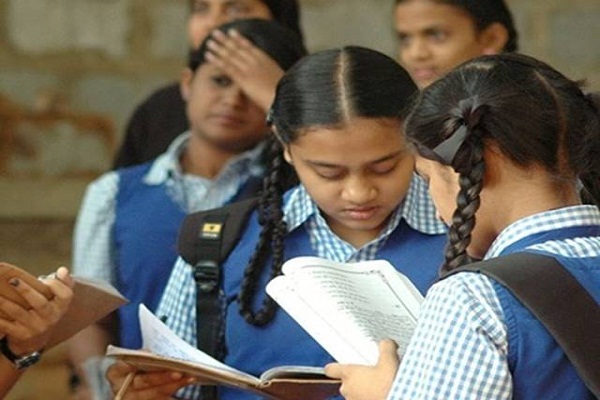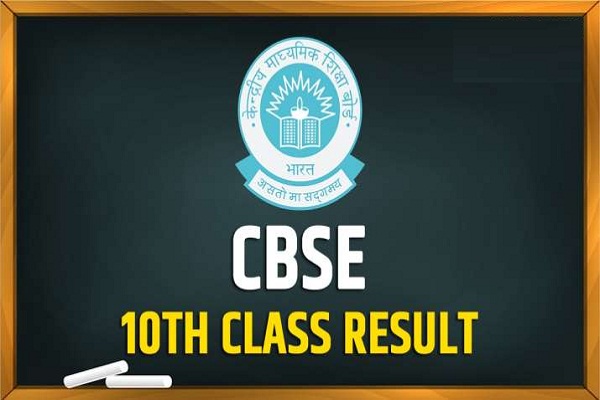In a major move, the University Grants Commission (UGC) today announced that it has received responses from 640 universities on the issue of holding exams amid the Covid-19 pandemic.
The UGC said “Universities were approached to inform the status of the conduct of examination. Response received from 640 universities. Out of these, 454 have either conducted the examination or are planning to conduct. 177 universities are yet to decide on the conduct of examination.”
In case of 27 private universities, which were established during 2019-20 to till date, the first batch is yet to become eligible for final examination, it said.
Also read: UGC: Exams mandatory for university students
On July 6, the UGC had issued revised exam guidelines mandating to hold final examinations in colleges and universities by the end of September stating that the academic credibility, career opportunities and future progress of students were linked to exams.
Earlier in the week, the Delhi High Court asked the Centre, UGC and Delhi University to reply to a plea challenging the guidelines making it mandatory for colleges to conduct final year examinations by September-end in view of the COVID-19 pandemic.







